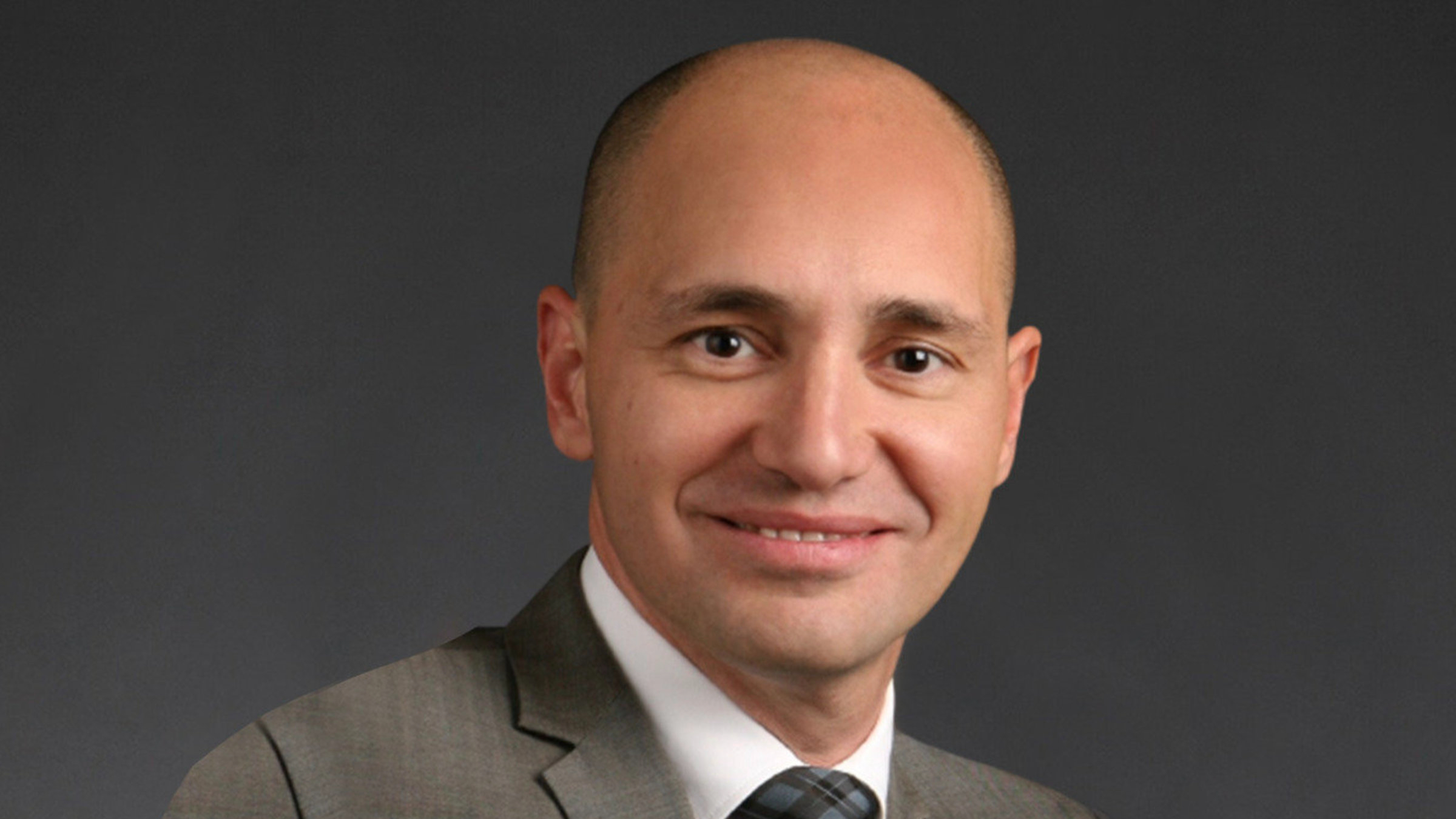
PCI Pharma Services to invest $50M to boost production at Illinois campus
Philadelphia-based contract manufacturer PCI Pharma announced on Tuesday plans to invest $50 million to build a new 200,000-square-foot manufacturing facility at its campus in the city of Rockford, Illinois.
According to a statement from the company, the new facility will have over 20 manufacturing suites and the ability to assemble and package vials, pre-filled syringes and other injectable medicines. It will also produce medicines designed to treat diabetes and obesity as well as manufacture drugs for oncology and autoimmune diseases.
Unlock this article instantly by becoming a free subscriber.
You’ll get access to free articles each month, plus you can customize what newsletters get delivered to your inbox each week, including breaking news.